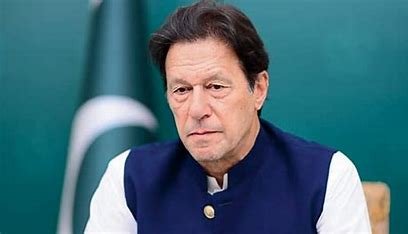Pakistan’s military courts have once again come into focus as the government announces their intention to try suspects accused of attacking army installations during recent nationwide protests following the arrest of former Prime Minister Imran Khan. While military courts were initially established under the Army Act of 1952 primarily to try members of the military or enemies of the state, civilians can also be tried in these courts under specific circumstances. However, the secretive nature and separate legal system of military courts have raised concerns and faced widespread criticism both domestically and internationally.
Unlike the civilian legal system, military courts operate under a different set of rules and are presided over by military officers. The judges themselves are military personnel, and trials take place at military installations. This separation from the civilian legal system has drawn criticism for undermining the principles of transparency and accountability.
The specific jurisdiction of military courts extends to civilians accused of offenses such as waging war against the armed forces, attacking military installations, inciting mutiny, or committing other acts that threaten national security. However, their use for trying high-profile cases related to civilian protests has sparked controversy, as these cases fall outside the realm of traditional military jurisdiction.
One of the most significant concerns surrounding military courts is their secretive nature. Trials are closed to outsiders, and media presence is strictly prohibited. This lack of transparency raises questions about the fairness of the proceedings and limits public scrutiny. Critics argue that such secrecy can lead to potential abuses of power and violations of human rights.
The existence of military courts alongside a functioning civilian legal system has been a subject of considerable debate within Pakistan and has drawn criticism from international human rights organizations. The secretive nature of these courts, coupled with limited avenues for appeal, has been a source of concern. Critics argue that this setup undermines the principles of due process, independence of the judiciary, and the right to a fair trial.
Pakistan’s military courts have become a focal point of controversy due to their jurisdiction over civilian cases and their secretive operation. While initially established to deal with military-related offenses and threats to national security, their usage in cases unrelated to these areas has raised concerns about fairness and transparency. The need for a balance between national security and safeguarding human rights remains a critical challenge for Pakistan’s judicial system. Moving forward, it is essential for the government to address these concerns and ensure that the legal process is transparent, accountable, and upholds the principles of justice for all its citizens.

